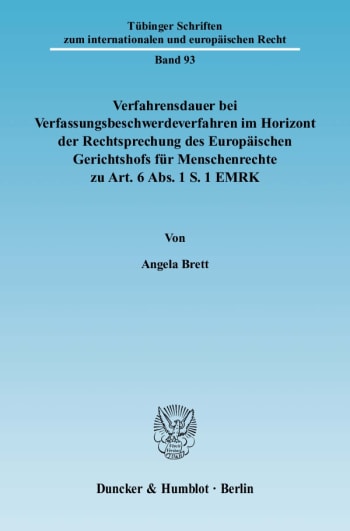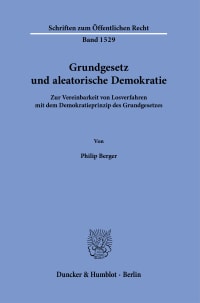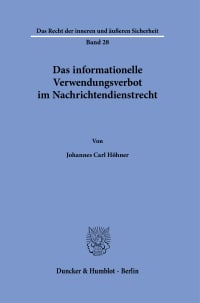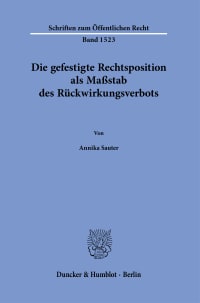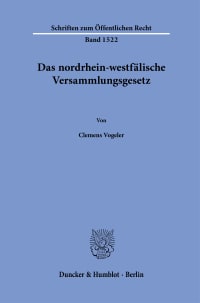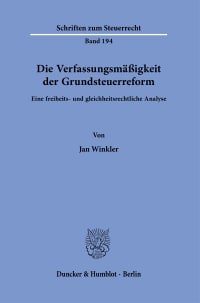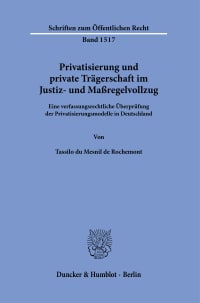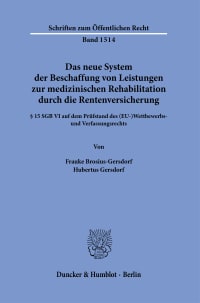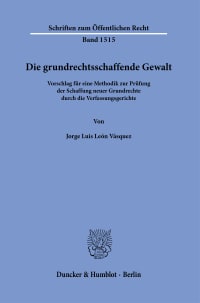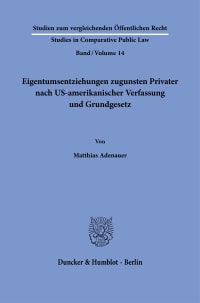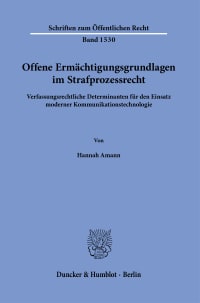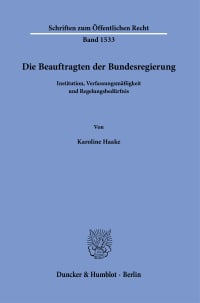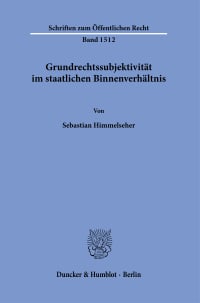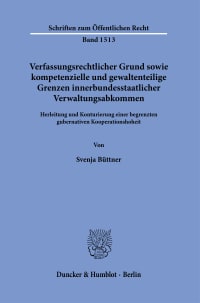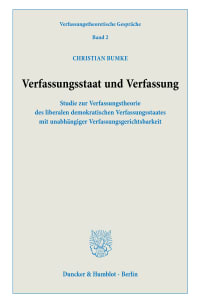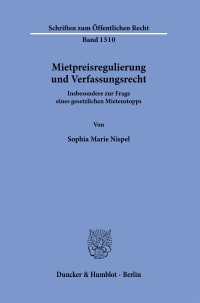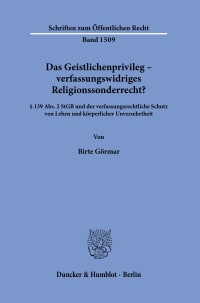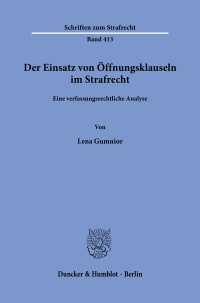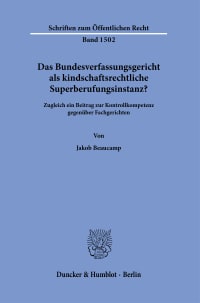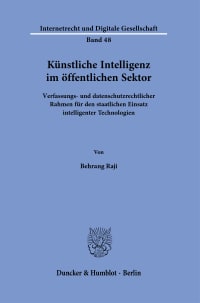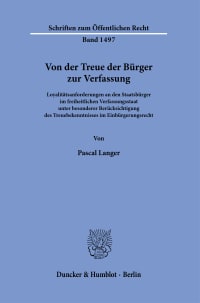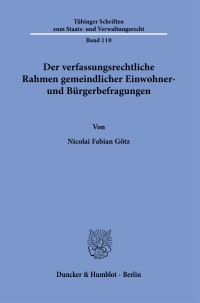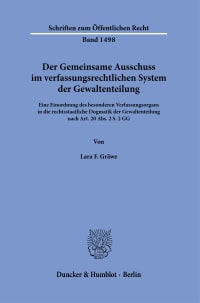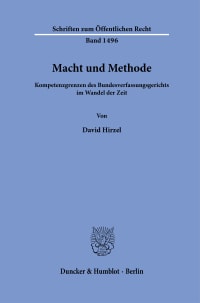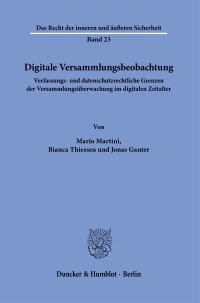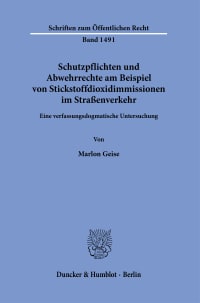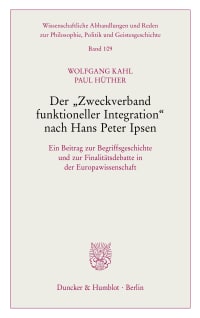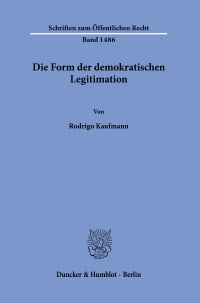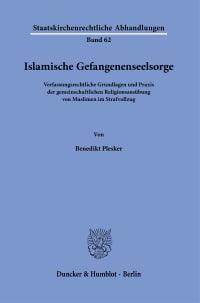Description
This study deals with the jurisdiction of the European Court of Human Rights (ECHR) concerning the length of proceedings when a constitutional complaint is involved. None of the Contracting States of the European Convention on Human Rights, except Germany, knows this particular right of appeal to the Constitutional Court. Although Germany thus offers to its citizens a »surplus« of legal protection, the ECHR deals with a constitutional complaint substantially in the same way as it does with any other legal remedy. In some cases the ECHR holds that the greater length of proceedings due precisely to this »surplus« of legal protection is a violation of Article 6 of the Convention. Other Contracting States who, a priori, do not offer these additional instruments of legal protection do not run this risk. The question is whether a State providing an extended legal protection through a constitutional complaint will face sanctions since this may increase the length of proceedings.
The author attempts to answer this question. The first part of the study, descriptive, reviews the jurisdiction of the ECHR concerning proceedings that include a constitutional complaint. The second part, analytical, presents first a historical view of the general importance of the length of proceedings, explains then the methods of interpretation of public international law, and interprets finally the elements of Article 6, paragraph 1, of the Convention. Concluding, the author proposes a solution that is based on public international law and takes into account national particularities and aspects of comparative law.
Overview
Inhaltsübersicht: Einführung: Was ist Zeit? - Bedeutung der Zeit im Recht - Gang der Untersuchung - Erster Teil: Rechtsprechungsübersicht: "Wemhoff" und "König": die Anfänge der Rechtsprechung zur "Entscheidung in angemessener Frist" - Von "Buchholz" bis "Bock": Rechtsprechungswandel innerhalb einer halben Dekade - Von "Süßmann" bis "Gast und Popp": Verfahrensdauer vor dem Bundesverfassungsgericht - Von "Klein" bis "Janssen": 5 Entscheidungen zur Verfahrensdauer aus dem Jahr 2001 - Von "Volkwein" bis "Thieme": die Entscheidungen des Jahres 2002 - Die Urteile "Hesse-Anger" bis "Herbolzheimer": 2003 - Von "Trippel" bis "Koroniotis": Festigung der Rechtsprechung - Von "Müller" bis "Dzelili": das Jahr 2005 - Von "Siebert" bis "Kirsten": die aktuelle Rechtsprechung des EGMR - Zweiter Teil: Betrachtungen zur Verfahrensdauer: Geschichte der Verfahrensdauer als Faktor im Recht: "Bis dat, qui cito dat!" - Methoden zur Auslegung der EMRK - Der Anwendungsbereich von Art. 6 Abs. 1 EMRK - Der Anspruch auf Entscheidung in "angemessener Frist" - Zum Umgang mit dem Unikum "Verfassungsbeschwerdeverfahren" - Lösungsansätze zur Behandlung des Verfassungsbeschwerdeverfahrens durch den EGMR - Résumé und Ausblick - Dokumentenverzeichnis - Literaturverzeichnis - Sachwortverzeichnis
